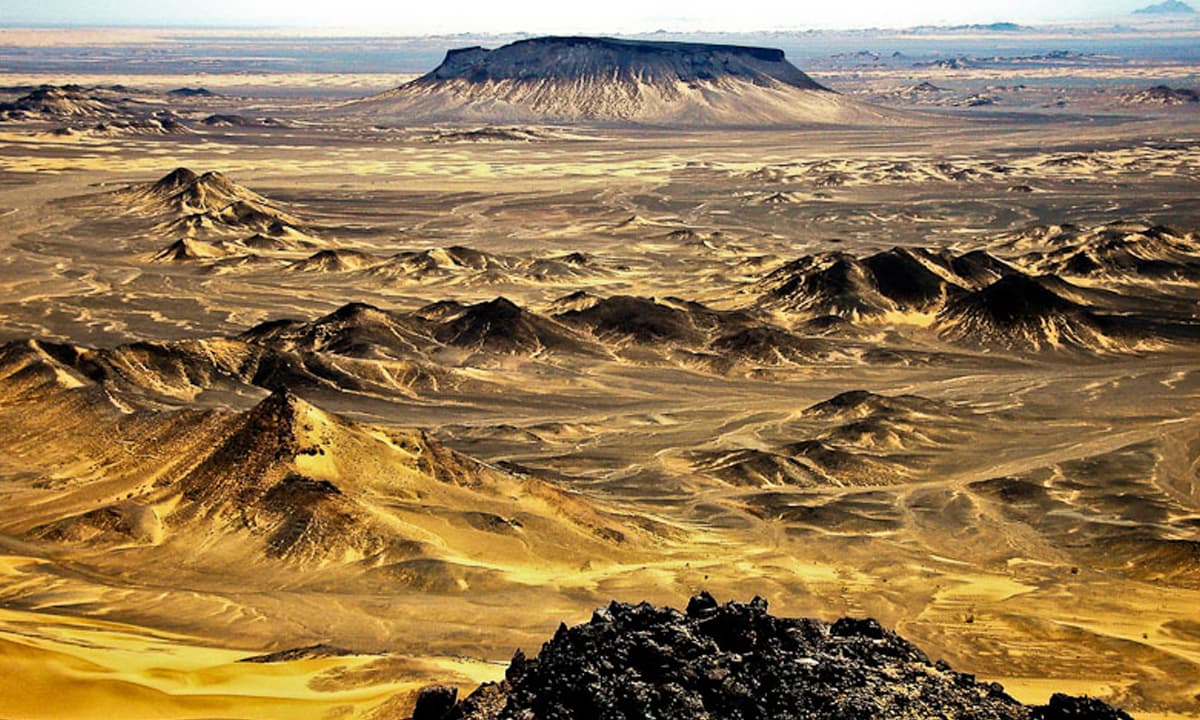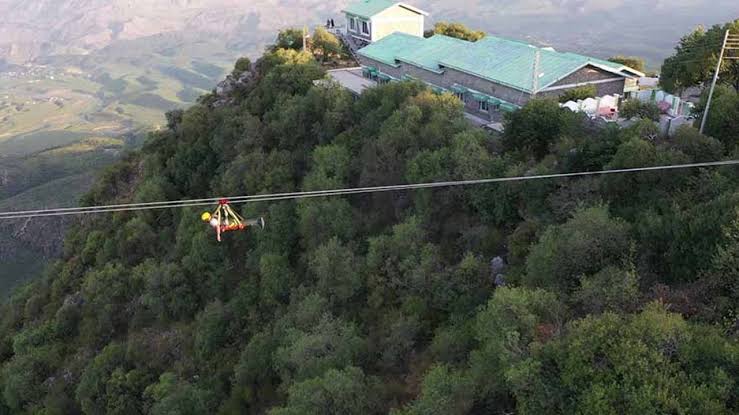Reko Diq mines, known for their enormous reserves of gold and copper are believed to have the world’s fifth largest gold deposit in them. The news of the treasures this mine holds is not new, as gold diggers have been attempting to explore it since 1992. It was not until 2000, that the Tethyan Copper Company (TCC) made its way into Pakistani market.
From 1992 till 2000, Balochistan Development Authority (BDA) and BHP Minerals, incorporated in Delaware, United States, worked together on the mining project but no substantial work could be done. TCC first started its operations in Pakistan as a foreign firm registered in Australia but running a local office here. In 2006, the government of Balochistan and BHP agreed to “novate the Chagai Hills Joint Venture Agreement (CHEJVA) so as to substitute TCC with BHP as a party” to that agreement. Subsequently, TCC registered its Pakistani subsidiary, Tethyan Copper Company Pakistan (TCCP), which practically took over all the prospecting and exploration activities and other work being done under the joint venture.
Sometime in 2007, TCC prepared a draft agreement for starting mining operations in the Reko Diq area and started a vigorous lobbying campaign to have that agreement signed. The draft agreement, a copy of which is in the magazine Herald’s possession, offered only two per cent royalty to the provincial government (the internationally recognised ratio for royalty payment in mineral operations is six per cent) and it also provided that the company would set up none of the secondary and tertiary processing facilities it was required to under BMR 2000.
Nawab Aslam Raisani, who became chief minister Balochistan in early 2008, was alarmed by TCC’s lobbying in favour of this flawed mining agreement soon after he came into government. He started holding meetings over the Reko Diq project and, after one such meeting on December 24, 2009, he unilaterally revoked Chejva. A series of events unfolded in the following five years, and on January 7, 2013, a three member bench of the apex court headed by the then Chief Justice Iftikhar Muhammad Chaudhry, declared Chejva “illegal, void” and non-binding because it violated the Mineral Development Act (1948), the Mining Concession Rules (1970) and the Contract Act (1872), among other laws. In its detailed 150-page verdict, the court declared that changes in the parties to the agreement – from BDA to the Balochistan government and from BHP to TCC – were also held to be illegal and void.
The Tethyan Copper Company (TCC) then filed claims for international arbitration before the ICSID in 2012 after the Balochistan government rejected a leasing request from the company. The management had claimed $11.43bn in damages. The case between the Pakistani government and the international company continued for at least seven years.
The TCC said it had invested more than $220 million by the time Pakistan’s government, in 2011, unexpectedly refused to grant them the mining lease needed to keep operating. The ICSID ruled against Pakistan in 2017, but until now had yet to determine the damages owed to the TCC.
The international tribunal which provides facilities for conciliation and arbitration of international investment disputes, rendered its judgement on Friday — a 700-page ruling against Pakistan in the Reko Diq case. The ICSID awarded a $4.08bn penalty and $1.87bn in interest.
Source: Dawn

In the fast paced world no one has time to read wordy articles, hence, we at Inflics work hard to keep you informed of the latest news with short excerpts.





